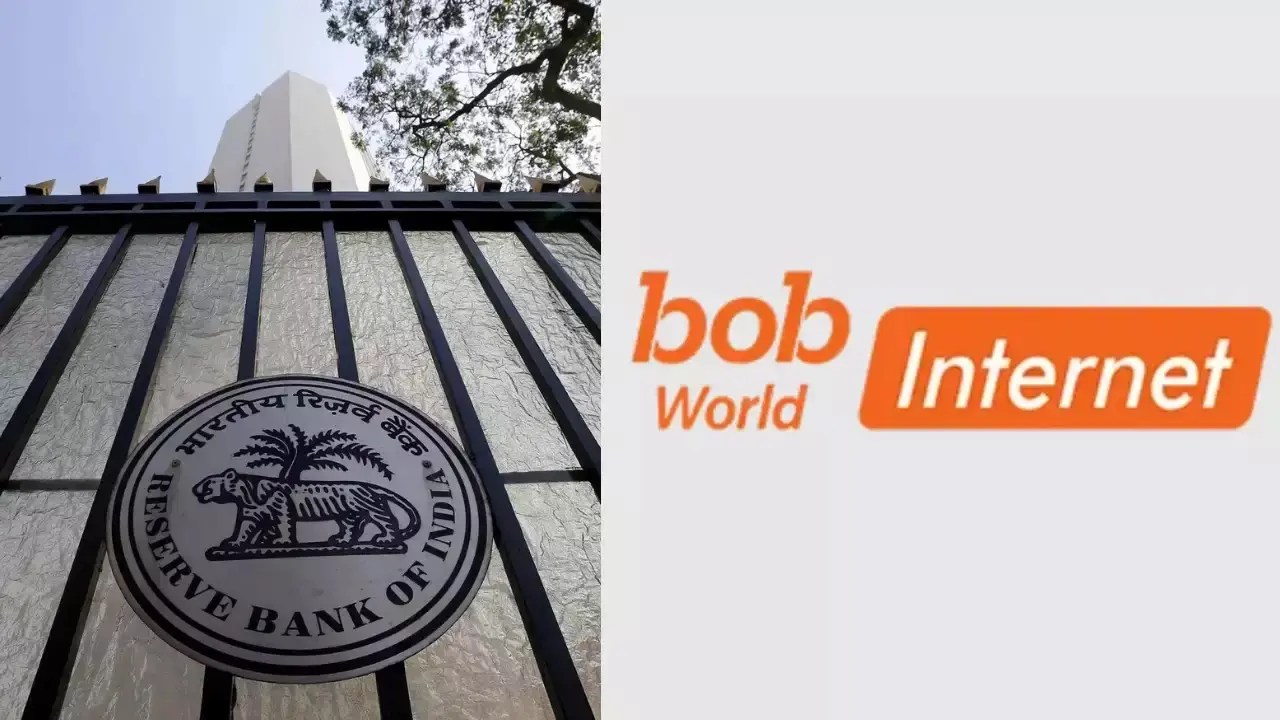RBI Directs Bank of Baroda to Halt New Customer Onboarding on Its Mobile App
The Reserve Bank of India (RBI) has recently taken a significant step by instructing the Bank of Baroda to suspend new customer onboarding through its mobile application. This move has far-reaching implications in the banking sector and is particularly crucial for students preparing for various government exams, including those aspiring to become teachers, police officers, banking professionals, railway officials, defense personnel, and civil service officers such as from PSCS to IAS.

Why this News is Important
Regulatory Concerns and Customer Protection: The RBI’s decision stems from concerns over the Bank of Baroda’s compliance with regulatory requirements and safeguarding the interests of its customers. This action reflects the RBI’s commitment to maintaining the integrity and safety of the banking system, which is a fundamental concept in various government exams.
Exam Relevance: For aspirants of competitive exams, especially those in the banking sector, understanding the regulatory framework and the role of the RBI is essential. This news provides a real-life case study of regulatory action, which can be valuable for questions related to banking and finance in these exams.
Historical Context
To understand the gravity of the RBI’s directive, it’s essential to consider the historical context. The RBI is India’s central bank and the primary regulatory authority for the country’s banking sector. It was established in 1935 and has played a pivotal role in shaping India’s monetary policy and ensuring the stability of its financial institutions.
Over the years, the RBI has introduced various regulations and guidelines to promote transparency, security, and consumer protection within the banking sector. These regulations have a direct impact on banking operations, affecting everything from customer onboarding processes to transaction mechanisms.
Key Takeaways from this News
| Serial Number | Key Takeaway |
|---|---|
| 1. | The RBI has directed the Bank of Baroda to suspend new customer onboarding through its mobile app, citing regulatory concerns and customer protection as the primary reasons. |
| 2. | Understanding the role of the RBI and its regulatory authority is crucial for students preparing for government exams, particularly those focusing on banking and finance. |
| 3. | This decision highlights the importance of regulatory compliance and customer safety in the banking sector, two essential components for candidates aspiring to positions in banking, civil services, and more. |
| 4. | The historical context of the RBI’s role in India’s banking sector dates back to its establishment in 1935 and underscores its significance in shaping the country’s monetary policies. |
| 5. | Aspiring civil service officers, especially those aiming for positions like IAS, must recognize the broader implications of regulatory decisions on financial inclusion and accessibility in India. |
Important FAQs for Students from this News
Q: Why did the RBI instruct the Bank of Baroda to suspend new customer onboarding via its mobile app?
A: The RBI directed this suspension due to concerns over regulatory compliance and the protection of customer interests.
Q: How does the RBI’s decision impact students preparing for government exams, especially those focusing on banking?
A: Understanding the regulatory framework and the role of the RBI is essential for competitive exams. This news provides a real-life example of regulatory action in the banking sector, which can be valuable for such exams.
Q: What is the historical context of the RBI’s role in India’s banking sector?
A: The RBI, established in 1935, is India’s central bank and has played a pivotal role in shaping India’s monetary policy and ensuring the stability of its financial institutions.
Q: Why is regulatory compliance and customer protection crucial in the banking sector?
A: Regulatory compliance and customer protection are fundamental to maintaining the integrity and safety of the banking system, which is vital for government exams, particularly those focusing on banking and finance.
Q: How does the RBI’s directive impact financial inclusion in India?
A: This decision has implications for financial inclusion, as regulatory actions can influence financial services accessibility, especially in remote or underserved areas.
Some Important Current Affairs Links

















